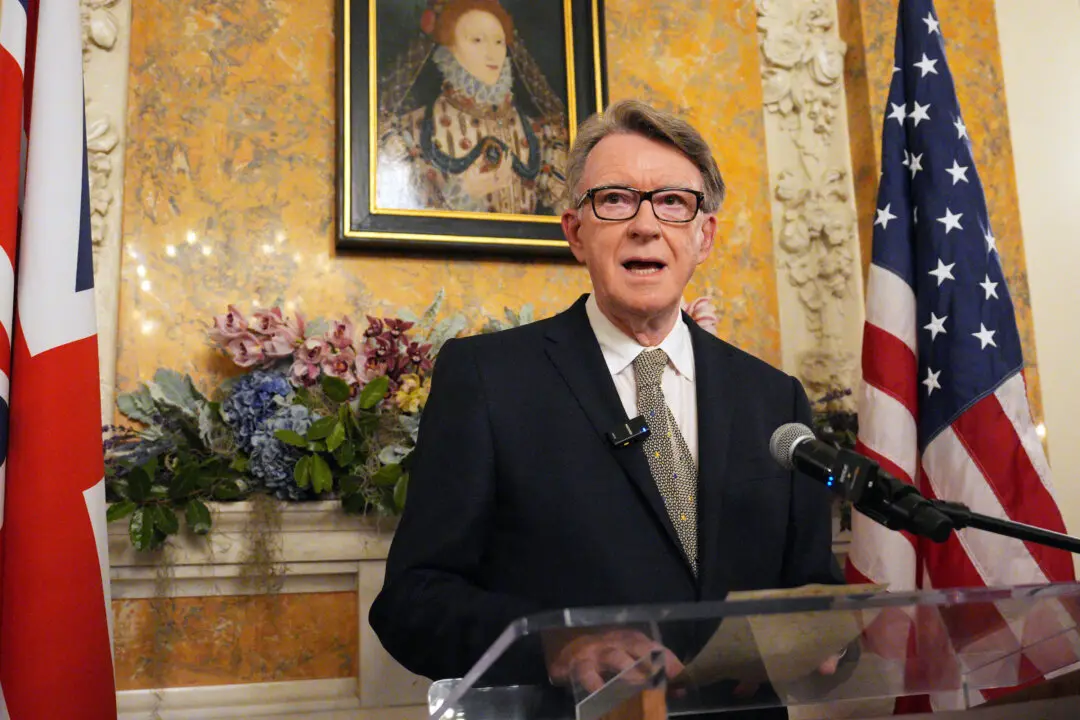NHS managers who try to silence whistleblowing medical staff through bullying or intimidation face being barred from the profession under government plans.
A new statutory duty of candour making health bosses legally accountable for responding to concerns about patient safety could also be introduced under proposals made by the Health Secretary Wes Streeting.
No Regulatory Framework
Tens of thousands of clinical and non-clinical managers work in the NHS, but there is no single existing framework to regulate them in the same way as there is for doctors and nurses.Measures under consideration include “statutory barring mechanisms,” similar to systems used for teachers, which could see managers who have been deemed to be unfit to practise appearing on a centrally held list, to avoid people simply being moved sideways to a different department or hospital trust.
A survey of Scottish medics published in August found that more than 80 percent of doctors who responded were unhappy with their organisation’s response to whistleblowing.
In May, the Patient Safety Conference held at the Royal Society of Medicine in London heard that hospital trusts have wasted “millions of pounds” trying to “destroy” the careers of doctors who raised the alarm about poor care.
‘Revolving Doors’
Health minister Karin Smyth said the latest proposals are part of Labour’s plans, set out in the party’s election manifesto, to end the practice of bad management and improve outcomes for patients.She said in a news release, “To turn around our NHS we need the best and brightest managing the health service, a culture of transparency that keeps patients safe, and an end to the revolving door that allows failed managers to pick up in a new NHS organisation.”
Amanda Pritchard, chief executive of the NHS, said it was right for managers to face the same level of accountability as other staff, but insisted reforms should come alongside “the necessary support” for them.
“We welcome this consultation and already have a range of work under way to boost support for managers in the NHS and to help set them up to succeed - this includes creating a single code of practice, a new induction process and a new set of professional standards, which will ultimately help drive improvements in productivity and patient care,” she said.
Rachel Power, chief executive of the Patients Association, welcomed the consultation and the proposals.
“Patients tell us that accountability and transparency is often lacking in their healthcare journeys,” she said.
“We encourage everyone who has experienced NHS care, especially those who have felt unheard by the system, to contribute their views.”
The consultation will run for 12 weeks, after which the Department of Health will consider responses and set out the next steps.







